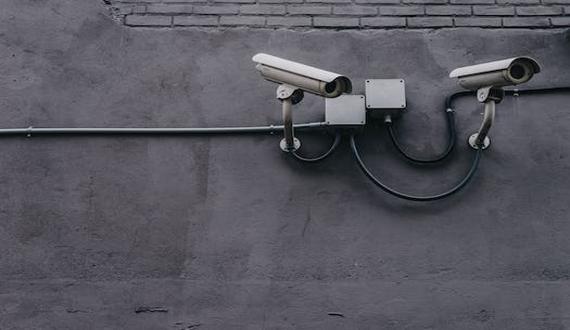When in need of financial assistance, individuals often turn to loans as a viable solution. However, selecting the right type of loan is of utmost importance to ensure that one’s financial security is not compromised. Among the various options available, secure loans have gained considerable popularity due to their advantageous features.
Secure loans are a type of lending arrangement where the borrower offers collateral to obtain funds. This collateral acts as security for the loan, providing a level of protection for the lender. Should the borrower fail to repay the loan according to the agreed terms, the lender has the right to seize and sell the collateral to recover the outstanding amount. With their built-in security measures, secure loans offer peace of mind for both lenders and borrowers, making them an attractive option for different financial needs.

‘Secured Vs. Unsecured Loans’
Secured loans and unsecured loans are two different types of loans available to individuals and businesses. Secured loans require collateral, such as a home or car, to secure the loan. This means that if the borrower fails to repay the loan, the lender has the right to seize the collateral to recover their losses. Unsecured loans, on the other hand, do not require collateral and are based solely on the borrower’s creditworthiness. These types of loans are more difficult to obtain because the lender takes on a greater risk. As a result, unsecured loans often come with higher interest rates compared to secured loans. When considering financing options, it’s essential to weigh the pros and cons of Secured Vs. Unsecured Loans to make an informed financial decision.
Conclusion
Secure loans offer a level of security and peace of mind for both lenders and borrowers. The collateral provided by the borrower acts as a safety net for the lender, ensuring that they can recover their losses if the borrower defaults on the loan. This built-in security measure allows lenders to offer more favorable terms and lower interest rates to borrowers. On the other hand, unsecured loans do not require collateral but come with higher interest rates due to the increased risk for the lender. Ultimately, individuals and businesses must carefully consider their financial needs and risk tolerance when selecting between secured and unsecured loans.


